Nothing is ever quite as it seems in the world of Olga Tokarczuk. Her latest novel starts with an epigraph taken from Fernando Pessoa: “The visible world goes on as usual in the broad daylight. Otherness watches us from the shadows.” Wild deer were murder suspects in her surreal and beautiful 2018 novel Drive Your Plow Over the Bones of the Dead. This time nature itself plays a significant role.
Though the novel describes itself as “a horror story,” it’s more a salutation to the power of the natural world and a celebration of difference. Tokarczuk is revisiting Thomas Mann’s masterpiece The Magic Mountain, using Mann’s original as her template — a hard act to follow. It’s the same setting and timeframe — that golden, apparently calm period leading up to the first world war. Even the opening, with a young innocent entering the enclosed world of ill-health in the Silesian mountains is mirrored. But Tokarczuk brings a new perspective to the scene: the female gaze.
Mieczyslaw Wojnicz, a student from Lviv, hopes the austere medical regime will heal his lungs and see him home for Christmas. On his first day, he walks into the dining room to find, on the table, a pair of boots, “attached to a body, the woman who brought his breakfast.” The dead woman is the wife of the guesthouse owner, and she has hanged herself.
A suicide could be seen as something of a setback to the patients’ peace of mind, but Frau Opitz’s death fails to interrupt the comfortable routine. A daily glass or three of schwarmerei, the local liquor, soon restores good cheer, sometimes generating hallucinogenic euphoria. Swirling the green liquid, cigar smoke thick in the air, the gentlemen return to their discussions. Mann played devil’s advocate between his debating patients, giving each of them a lavish allocation of pages. Tokarczuk is less indulgent, arguments crisply summarized. Antonia Lloyd-Jones’s translation is fluid and engaging.
At the dining table, lamplight glints on the crystal and silver as the men sip and deliberate, females never part of the scene — none of Mann’s erotic throb here. But Mieczyslaw notices that “every discussion, whether about democracy, the fifth dimension, the role of religion, socialism, Europe or modern art, eventually led to women.” Fickle, untrustworthy; minds inferior, bodies prone to hysteria caused by a wandering womb curable only by sexual intercourse. “Sadly,” one man comments, “we shall never know what women want.”
Tokarczuk has a lot of fun with all this, divulging in an author’s note that every observation of the female sex has been taken from texts by eminent men — Aristotle, Plato, Milton, Darwin, Conrad, Freud, Nietzsche, D.H. Lawrence, Ovid, Shakespeare, Yeats and more — 40 in all. Misogyny? It was ever thus.
There are mysteries at the resort — strange noises filtering from an empty attic; disquieting rumors: “Every year men die, torn to pieces in the forest.” Past horrors are furtively recalled: village women accused of witchcraft, tortured and condemned by priests, husbands, brothers, until they fled en masse, never to return. On one forest walk, patients stumble on a human shape made of moss and sticks with stones for breasts. Between the legs a dark hole.
Mieczyslaw has his own secrets: childhood trauma; reasons for refusing to undress fully for the doctors, fearing exposure for an unspecified “anomaly.” Other dangers lurk; he faces forking paths to the future. The tension builds to a wild night of collective madness, a drunken witches’ sabbath. And death will come for someone. There’s an almost Borgesian quality to the resolution. But remember, this is Tokarczuk. Nothing is ever quite as it seems.
This article was originally published in The Spectator’s UK magazine. Subscribe to the World edition here.



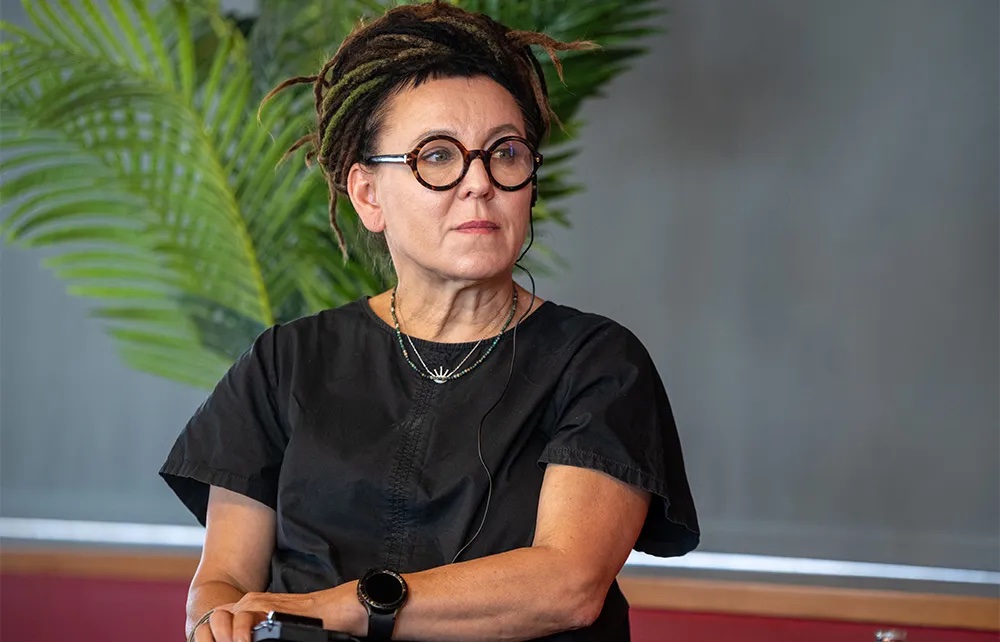






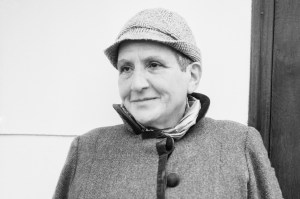
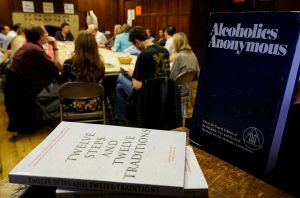

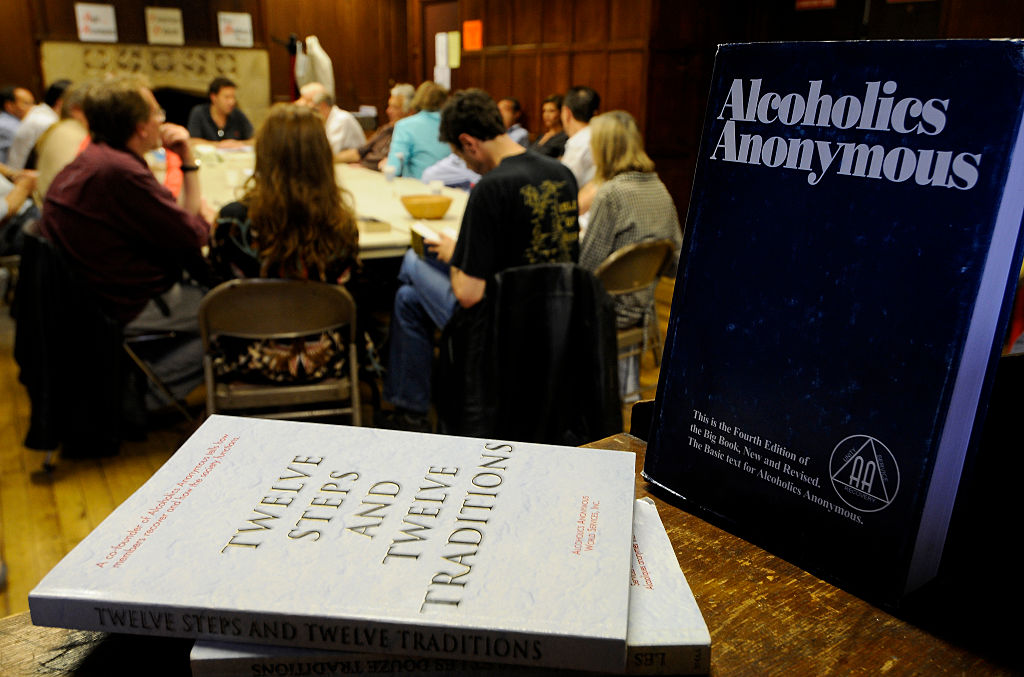


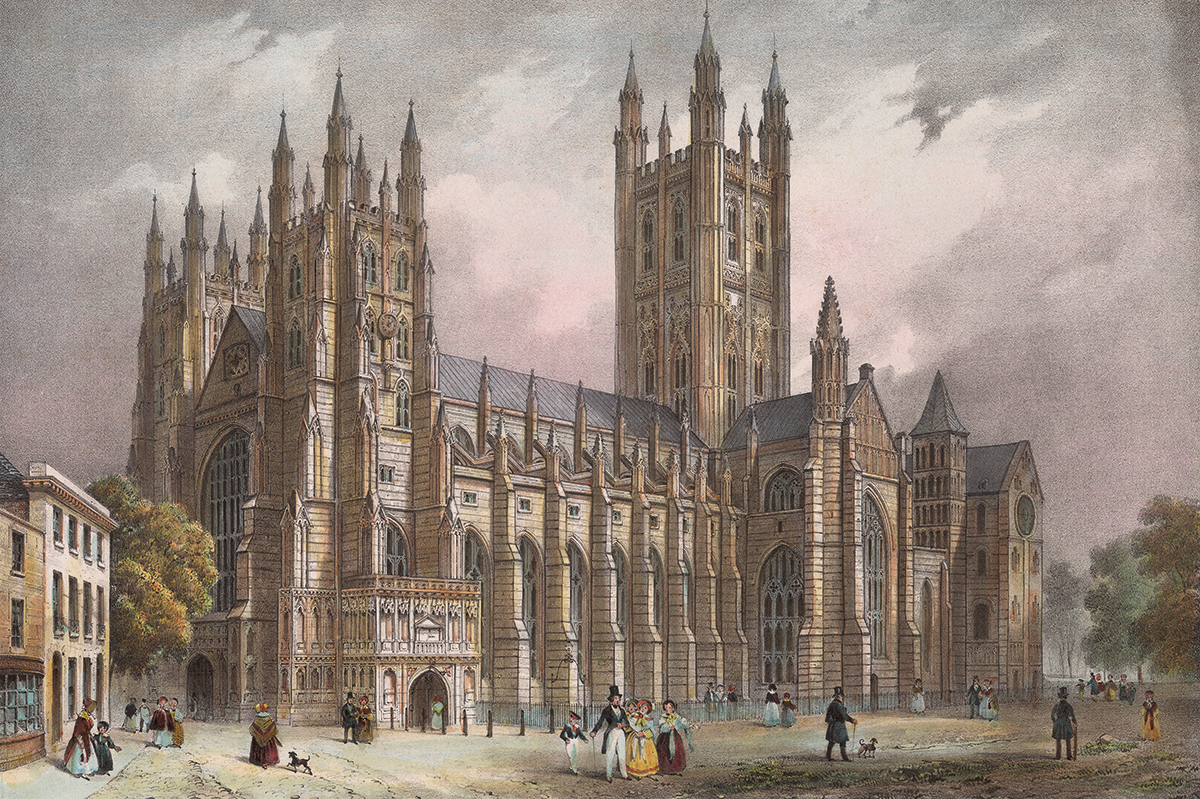
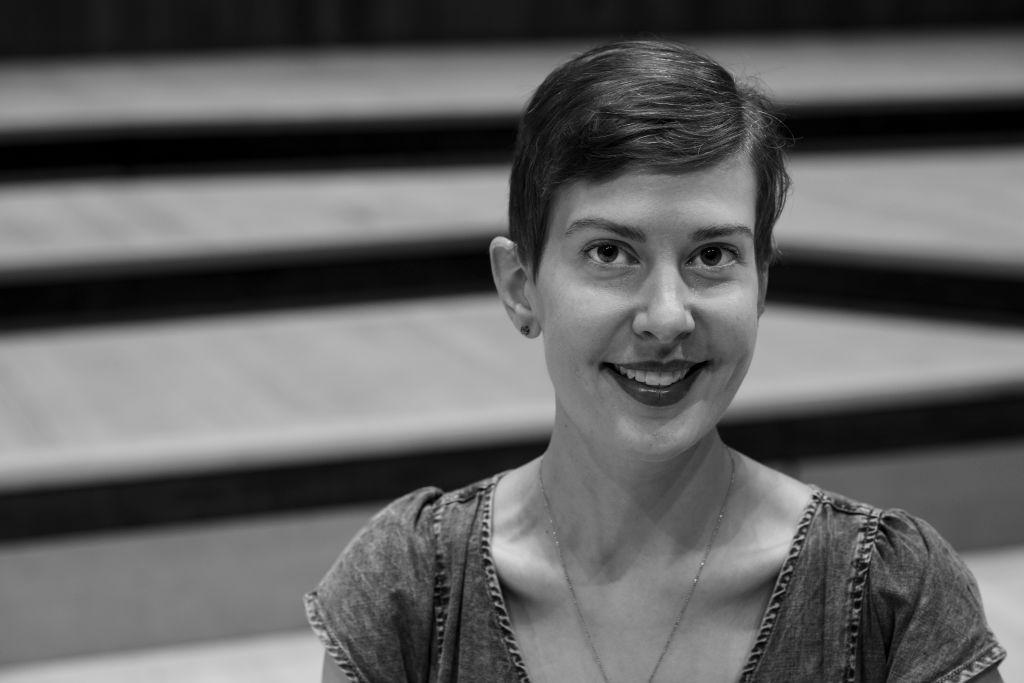








Leave a Reply